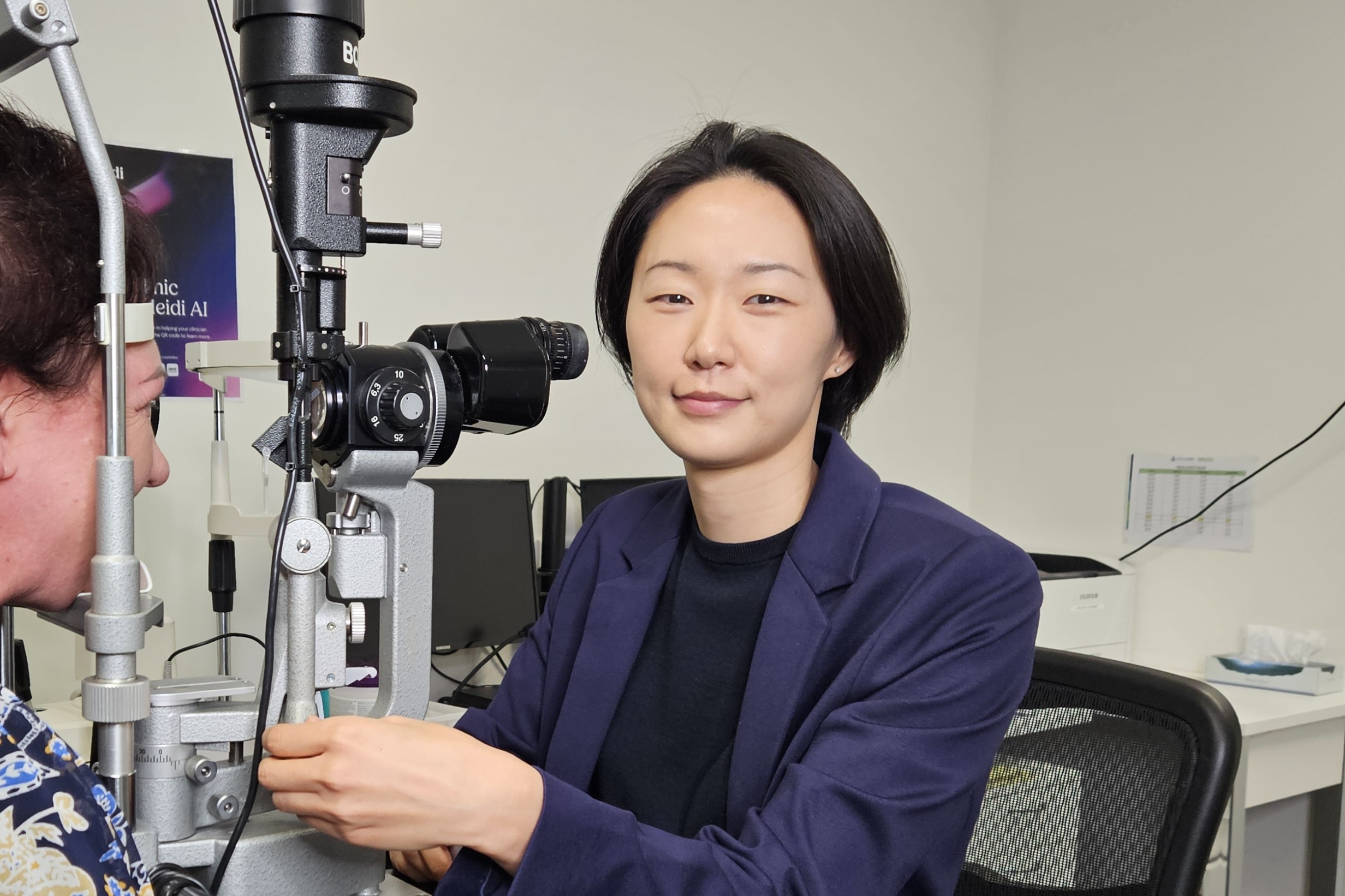PCA early diagnosis could slow Alzheimer’s
A US study has shown that earlier diagnosis of posterior cortical atrophy (PCA) could help slow patients’ Alzheimer’s progression.
Writing in The Lancet, the study authors explained Alzheimer’s has several atypical presentations, characterised by a progressive decline in basic visual, visuoperceptual, literacy, praxis, numeracy, and higher sensory functions. However, since PCA (an Alzheimer’s disease variant also known as Benson syndrome) accounts for just 5% of people with Alzheimer's and the average age onset is 59 years – several years before memory symptoms manifest – mild dementia symptoms have often emerged by the time PCA is diagnosed.
Most patients see their optometrist when they start experiencing visual symptoms and may be referred to an ophthalmologist, who may also fail to recognise PCA, said co-first author Dr Marianne Chapleau, UC San Francisco’s Department of Neurology. However, difficulties with spatial judgment, identifying movement and tasks such as retrieving dropped items, are often undetected in a normal eye exam. “We need better tools in clinical settings to identify these patients early on and get them treatment,” she said.
The study included more than 1,000 patients across 36 sites in 16 countries. Of the PCA patients, 94% exhibited Alzheimer’s pathology. Since PCA patients exhibit amyloid and tau levels similar to those in typical Alzheimer's patients, the researchers suggested they might benefit from emerging anti-amyloid and anti-tau therapies, which are thought to be more effective when given early in the disease’s course.
























